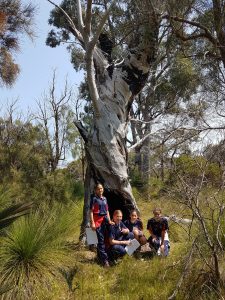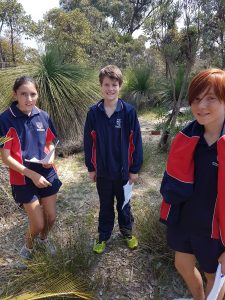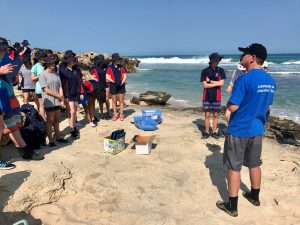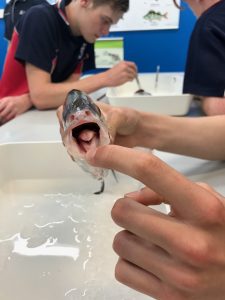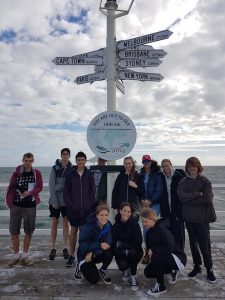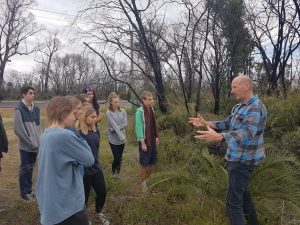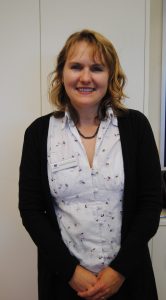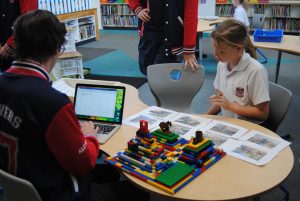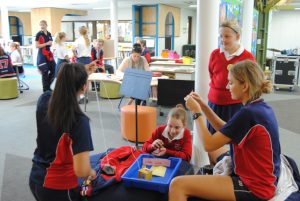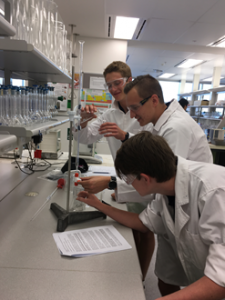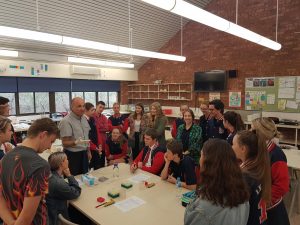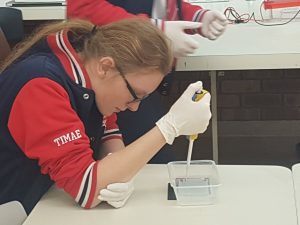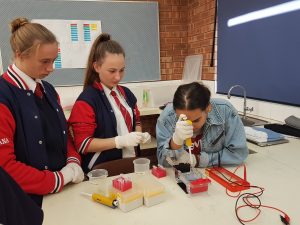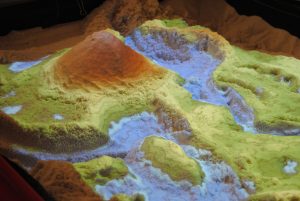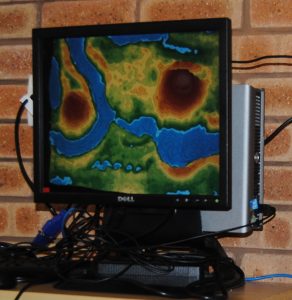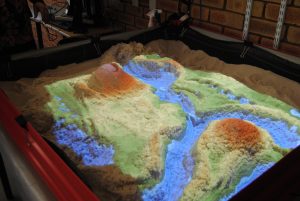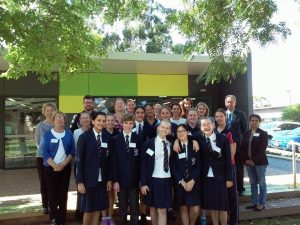Miss Ross’s year 7 biologists went to investigate a bushland ecosystem. We identified different species, adaptations found in native Australian plants and saw the impact humans have on our environment.
Category: Science
Year 10 LIFT Week: Marine and Maritime at WA Fisheries
September 20, 2017On Monday and Tuesday students had the opportunity to attend the Western Australian department of Fisheries to experience a day on the life of various marine related occupations. They completed marine science research in the form of intertidal sampling, dissected fish and removed the otoliths in order to age their specimen and enjoyed compiling fish collection information following and afternoon of fishing! A very hands on and insightful two days which has given our Year 10 students a taste of what to expect in the Year 11 and 12 MMS programs in the coming two years as well as the possible careers which it could lead them to in the future!
Rebecca Hudson
Science Teacher
‘Again, the kingdom of heaven is like a dragnet cast into the sea, and gathering fish of every kind.’ – Matthew 13:47
Biodiversity and Conservation Camp in Busselton
August 2, 2017Surveyors for the day
July 1, 2017Japan Exchange for Science Teacher
July 1, 2017It is such a privilege to represent St Stephens as an Exchange Teacher in Japan. I will be heading off to Tokyo in October where I will get the opportunity to teach in a Japanese secondary school and collaborate with Japanese teachers. Another important task would be to learn some of the culture and hopefully some of the language too. I will be visiting some visiting some iconic Japanese places.
This is a wonderful opportunity for me to engage my students in this cultural connection and I plan to do this by using my blog. I would welcome parents and students to be a part of this journey with me by logging onto my St Stephens Japanese Exchange blog where I will be sharing my stories, daily interactions, photos and fun features.
I look forward to this opportunity and hope that you will enjoy this journey with me.
Shannon Fletcher
Science Teacher
Developmental Psychology Project
June 22, 2017The Year 12 Psychology students are now collecting data from students within the school who were given parental permission to participate in the Developmental Psychology Project.
There are a number of tasks each student will complete from the 3 mountain task to the Heinz moral dilemma.
Thank you to all those parents who gave permission for your student(s) to be part of the project, we are already getting some great data so far.
Titration Stakes – 2017
June 22, 2017On Tuesday 20th June, 6 budding chemists competed in the annual Titration stakes at Curtin University, run by the Royal Australian Chemical Institute. The competition is designed to encourage those students who enjoy Chemistry, particularly its practical side, to develop their skills and to reward those who attain a high level of proficiency. St Stephen’s School Duncraig entered two outstanding teams comprised of year 12s: Kaelan Lindup, Liam Cannon, Pieter Vermuelen, Liam Easte, Jasmine King and Savannah Sharp. The students represented the school well and had an amazing time competing against the 75 other teams.
Gary Cass Visit
June 14, 2017Gary Cass visited Year 12 Human Biology students last week and they learnt how to test and match DNA fingerprints.
Students ran gel electrophoresis with real DNA fingerprints to find out if the suspects were guilty or innocent.
Gary Cass is passionate about creativity in science. He argues that creativity is as important as numeracy and literacy. He founded Fermented Fashion, a Perth-based company that has developed couture made from beer and wine. He gives various Tedx Talks.
“The art and science of asking questions is the source of all knowledge.” – Thomas Berger
Augmented Reality Sandbox
June 3, 2017Many of us remember the time of our childhood that we spent on the beach messing around with sand, creating castles, water channels or sculptures.
Sandbox is a complex system that uses Kinect with a combination of projector and specialized software written especially for this system.
Using plastic shovel you can remove or add sand and then using you hands you can add “water” to the part of the box you want. Thereafter system immediately fills your channel or lakes with “water”. You can also paint a hill in dark-brown color exactly we see on the special geographical map.
But SAR was not created as just a simple toy for kids. This is a complex system that was created for serious scientific experiments, and can be very useful in creating and examining different geographic, geologic and hydrological models.
The Augmented Reality Sandbox was developed by the UC Davis W.M. Keck Center for Active Visualization in the Earth Sciences (KeckCAVES, http://www.keckcaves.org), supported by the National Science Foundation under Grant No. DRL 1114663.
For more information, please visit https://arsandbox.ucdavis.edu
ASELL Workshop
May 17, 2017Last week St Stephen’s School hosted a workshop for the ASELL Project (Advancing Science and Engineering through Laboratory Learning) which is part of a collaboration between several universities across Australia, including Curtin University in Perth. The project aims to enhance teaching in the laboratory by carrying out and evaluating experiments that have been devised by host school teachers.
The ASELL workshops are aimed at increasing teacher confidence and reflection when planning and presenting experiments/investigations to students.
Our Science staff and some students were taken through a process of reflection and improvement using student feedback. It was an excellent opportunity for staff to gain further skills and feedback from students and leading academics with an aim for continual improvement in the Science teaching program.
